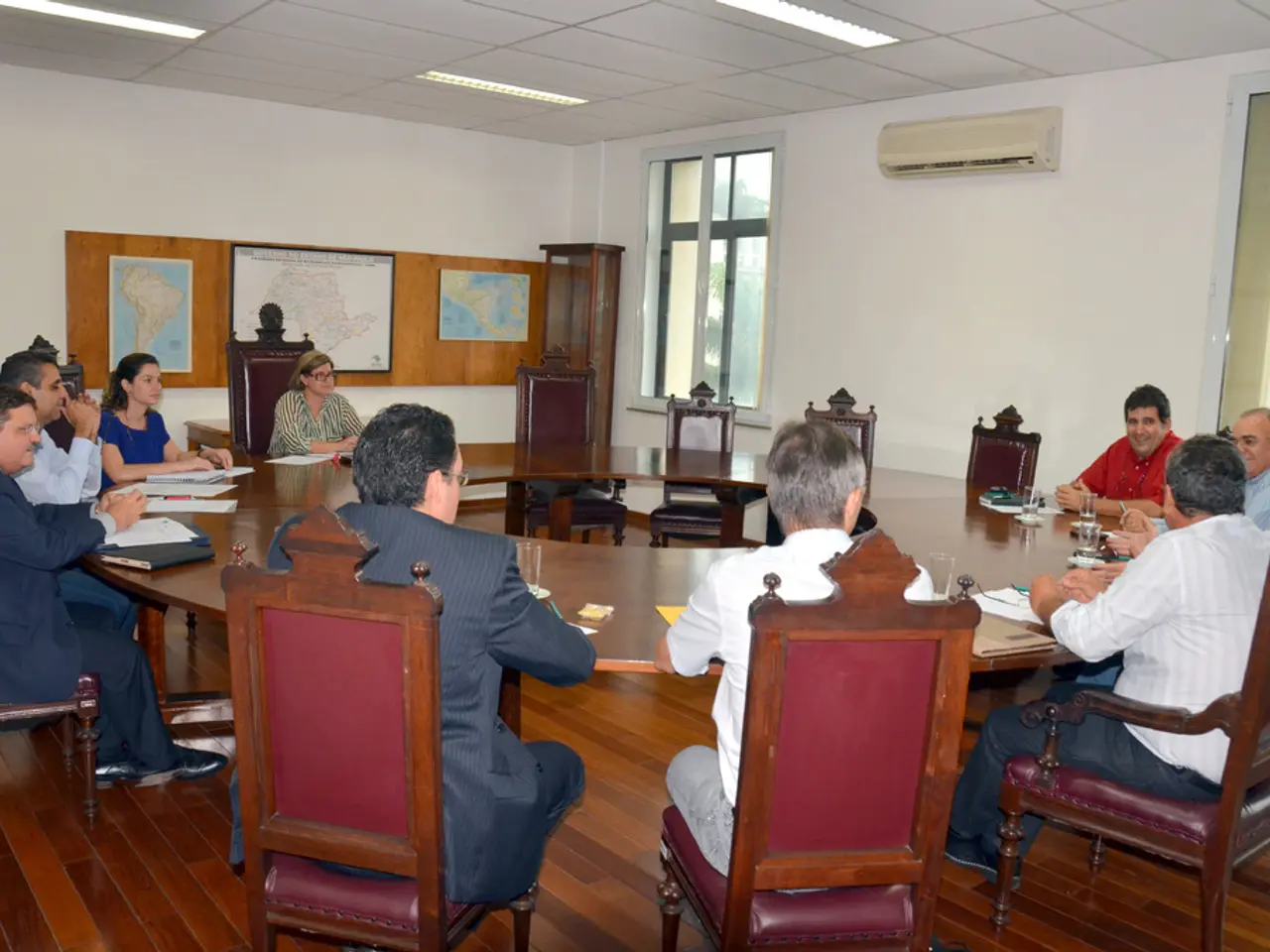Paris emergency room attends to individuals suffering from heatstroke
Amidst the relentless heatwave that continues to grip Paris, hospitals in the city are bracing themselves for a surge in cases of heat exhaustion and heat strokes, particularly among the elderly and outdoor workers [4].
At the heart of the city's response is the hospital's crisis medical director, Fabien Brigant, who is ensuring that the institution is well-prepared for the summer, including the activation of a special heatwave unit if necessary.
One patient who has already experienced the harsh effects of the heatwave is Dominique, a worker who toils outdoors. Stricken by a heat stroke, Dominique was brought to the emergency room after feeling dizzy, experiencing an intense headache, and swaying before collapsing. The symptoms of each heat stroke are consistent: cramps, headaches, nausea, vomiting, general fatigue, and an elevated temperature.
Pierre-Alexis Raynal, head of the emergency service, has reported that only a few patients are presenting so far, but he anticipates the arrival of elderly patients later in the week, as they typically do during heatwaves. He also notes that precarious or homeless patients are early victims of heatwaves.
To combat the rising temperatures, the hospital now boasts a special weapon: a portable pool filled with ice water. Upon immersion, a patient's body temperature can lower by 0.2 to 0.35 degrees per minute, providing much-needed relief.
In addition to these measures, the French government has implemented a "heatwave plan" with a color-coded alert system to protect vulnerable residents during extreme temperatures. Significant funding has been allocated to cooling initiatives and local social organizations to assist in this effort.
As the frequency and severity of heatwaves increase due to climate change, there are growing calls for better infrastructure upgrades, such as air-conditioning in hospitals, to safeguard both patients and medical personnel. Some political figures have even promised major plans to equip facilities with air conditioning to better handle future heat crises.
Currently, four departments in the capital remain on red alert, while 55 are on orange alert. Despite these challenges, the hospitals of Paris continue to stand resilient, employing cooling strategies like shading and cooling packs, supported by government heatwave plans and emergency preparedness, while the call for improved air conditioning infrastructure echoes ever louder.
Fabien Brigant, the hospital's crisis medical director, is ensuring the institution is well-prepared for the summer, including the activation of a special heatwave unit if necessary. The French government has implemented a "heatwave plan" with a color-coded alert system to protect vulnerable residents during extreme temperatures, allocating significant funding to cooling initiatives and local social organizations. To combat the rising temperatures, the hospital now has a portable pool filled with ice water. This pool can provide much-needed relief to a patient upon immersion, as their body temperature can lower by 0.2 to 0.35 degrees per minute.
In the context of chronic diseases, mental health, nutrition, fitness, and wellness, it is crucial to note that the rising temperatures can exacerbate existing medical-conditions, particularly among the elderly and outdoor workers. Efforts to mitigate these effects should extend beyond emergencies to prevention and long-term care strategies, emphasizing the importance of addressing these issues in the realm of science.








